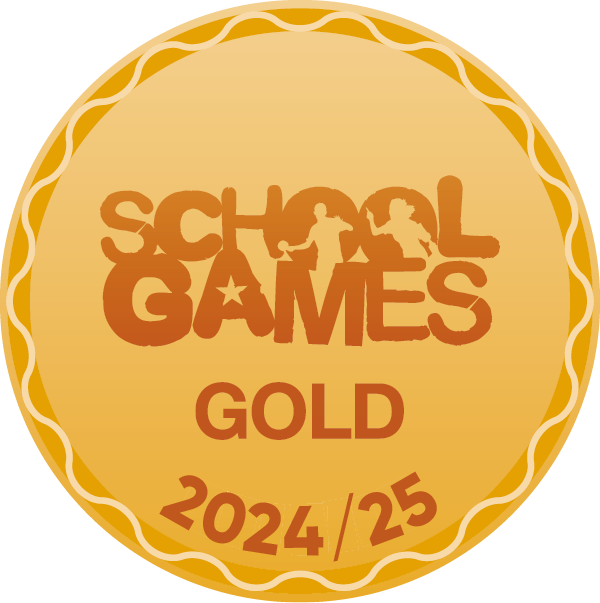Reading
Reading in KS1
We use a systematic approach for teaching phonics from Foundation Stage to KS1 and in KS2 where necessary. Reading is essential to unlocking a child’s potential across the whole curriculum. At Northiam we all love reading, by sharing this passion and by teaching high quality phonics and by modelling how to interpret information we open the children to a world of stories and texts.
KS1 – Little Wandle
- Little Wandle decodable reading books are used until the child can read freely and select their own books from the school library or class selection. Reading records are signed when the pupil has read to an adult. We read regularly with the children on an individual, group and class basis.
- Reading books are fully decodable and matched to our phonics scheme which provides the children with plenty of opportunities to rehearse the sounds and spellings they are using in class. We have a range of fiction and non fiction books for children to read.
- We encourage reading and help the children to develop an interest in books by reading and discussing a range of different text types across the Key Stages, this can often be linked with the talk for writing approach.
- We endeavour to make our school a literacy rich environment to assist learning, understanding, communication, interest and enjoyment.
- We encourage the children to develop personal responses to the texts.
Reading in KS2
- In Key Stage 2, reading is taught through the INSPIRED reading approach.
- There is a focus on reading skills as outlined in the national curriculum using a wide range of texts which develops the children’s love of reading and application of the skills required to become competent readers.
- Reading is taught through daily sessions, incorporating whole class modelling prior to the children applying skills through paired and individual reading to support their comprehension.
- The skills focused on are encouraging children to infer, use narrative, summarise, predict, investigate, retrieve, evaluate and deduce.








